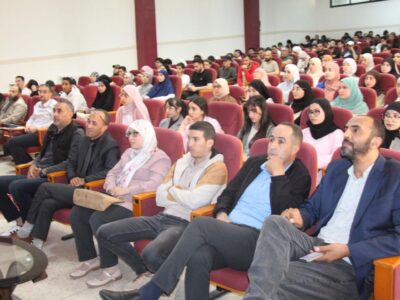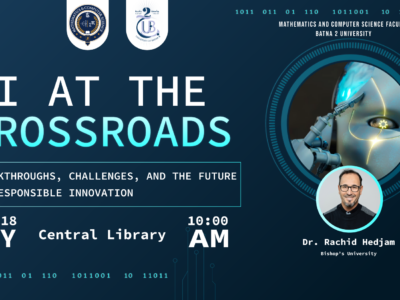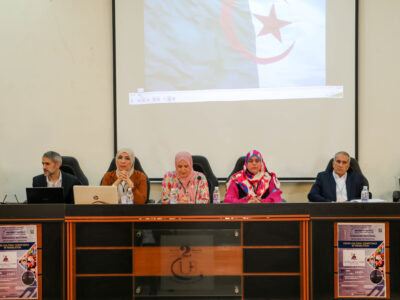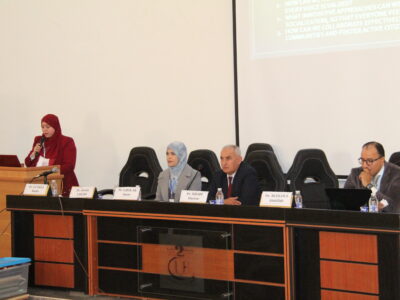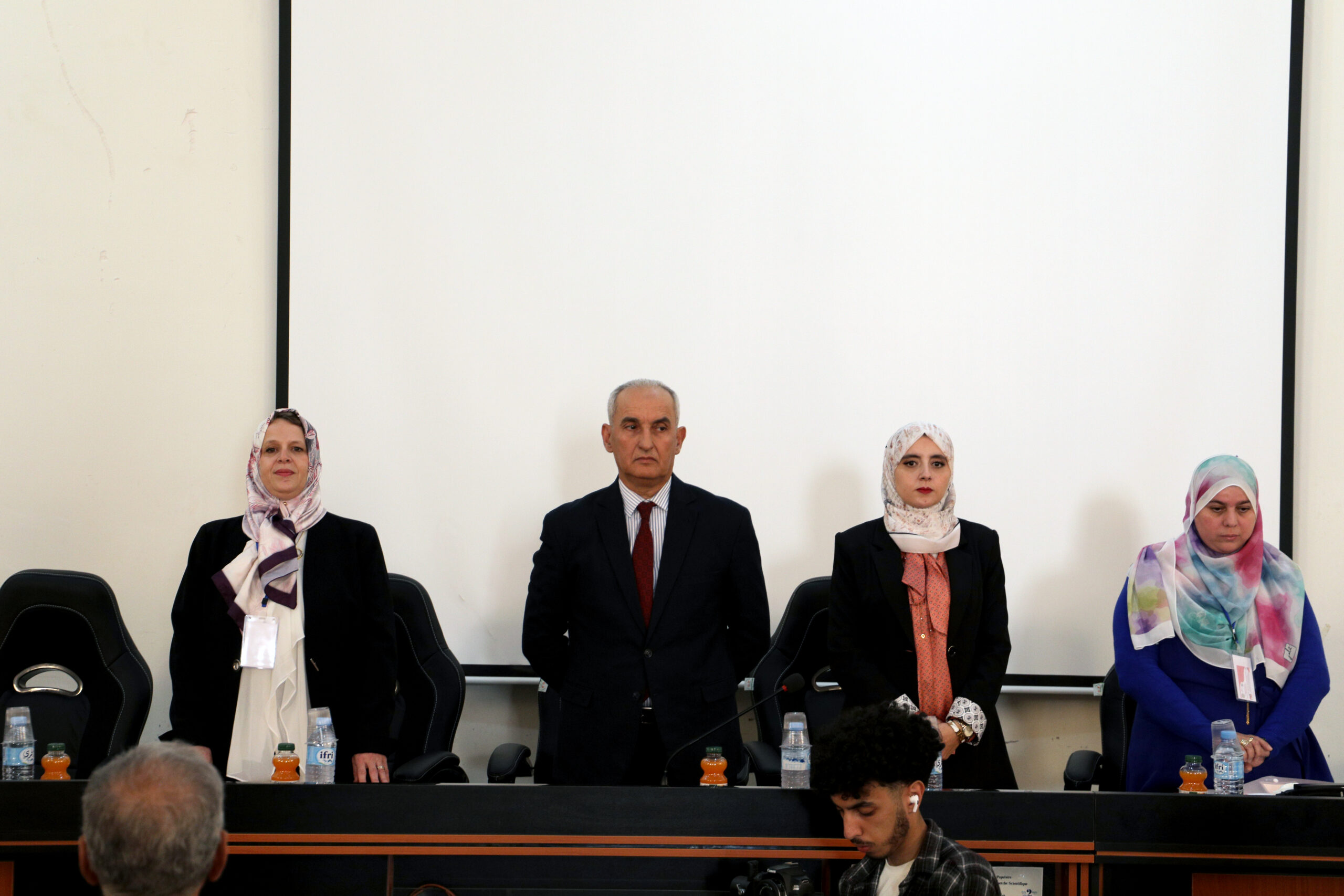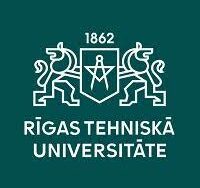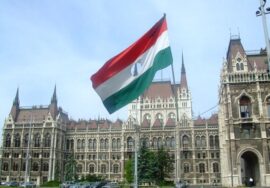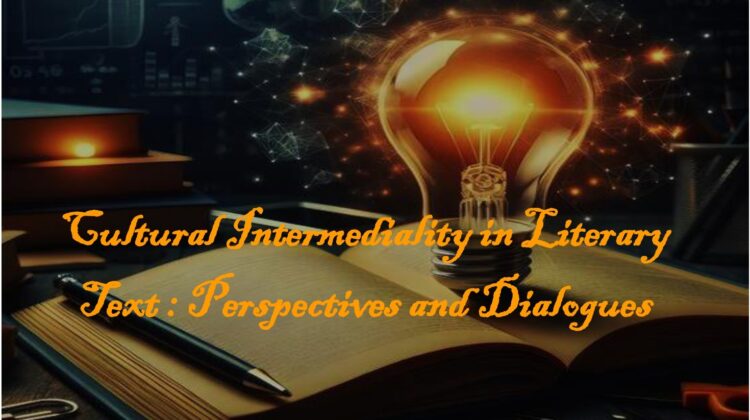
“Cultural Intermediality in Literary Text: Perspectives”
Technical Sheet for the Conference: Cultural Intermediality in Literary Texts: Perspectives and Dialogues
Date: December 16-17, 2024
Location: Department of French, Batna2
Format: Hybrid (In-person and online)
Organizer: Laboratory DLFIFLE / Dr. Samira IBECHENINENE (MCA)
Title: Cultural Intermediality in Literary Texts: Perspectives and Dialogues
Abstract:
Cultural intermediality in literary texts represents a crossroads where the boundaries between different forms of artistic expression and cultures meet, intersect, and mutually fertilize. This conference invites reflection on this complex dynamic, highlighting how literary texts interact with other media and artistic forms to create new meanings and cultural experiences. It aims to examine the various manifestations of cultural intermediality in literature.
Intermediality, a concept referring to the interactions between different media and artistic forms, provides a particularly fruitful analytical lens for studying literary texts. In a context marked by cultural and linguistic diversity, literature often finds itself at the intersection of multiple artistic and media influences, giving rise to complex and nuanced cultural identities.
This proposal aims to enrich our understanding of the relationship between literature and other forms of art, as well as its role in the construction and negotiation of cultural identities.
Marie-Laure Ryan, in Narrative as Virtual Reality 2: Revisiting Immersion and Interactivity in Literature and Electronic Media (Johns Hopkins University Press, 2015), explains immersion and interactivity in narrative media—key elements of intermediality that enhance the reader’s experience and blur the boundaries between the real and fictional worlds. This illustrates the influence of cultural intermediality on the reception of literary works and underscores the importance of studying these phenomena to comprehend new forms of literature.
This conference particularly focuses on works that, like the palimpsests described by Gérard Genette in Palimpsestes: La Littérature au second degré (Seuil, 1982), demonstrate how literature can absorb, transform, and reinvent other media in a reflective interplay, thereby contributing to a richer understanding of cultural intermediality. Henry Jenkins, in Convergence Culture: Where Old and New Media Collide (NYU Press, 2008), reminds us of the importance of cultural convergence in understanding intermediality, highlighting how the active participation of audiences in diverse media environments creates new and complex meanings.
Cultural intermediality in literary texts, which intertwine and reinvent each other, constitutes a phenomenon at the heart of contemporary studies on literature and media. As Michel Foucault emphasizes in L’Archéologie du savoir (Gallimard, 1969), each era has its own system of knowledge formation, which is particularly relevant when examining literary texts through the lens of intermediality. Foucault encourages us to reflect on how literary texts, situated in their cultural and historical context, engage in dialogue with and integrate other forms of art and media.
Additionally, the work of Julia Kristeva, particularly in Sémiotikè: Recherches pour une sémanalyse (Seuil, 1969), provides a valuable theoretical framework for analyzing intermediality. Kristeva introduces the concept of intertextuality, which can be extended to intermediality, to explain how literary texts absorb and transform other texts as well as other media in a dynamic process of meaning-making. Roland Barthes, in Le Plaisir du texte (Seuil, 1973), elaborates on the notion of textual pleasure that emerges from the multiplicity of writings and readings, a concept that can be applied to the intermedial experience. Literature, intertwining with other forms of artistic expression, offers a polyphony of meanings and experiences that enriches the reception of the text.
Participation Modalities:
Proposals for presentations (approximately 250 words), accompanied by a short biography, should be sent to the address : colloque.intermedialite1@gmail.com
The working languages will be French and English.
Submission Deadline: November 16, 2024
Notification of Response Date: November 30, 2024

